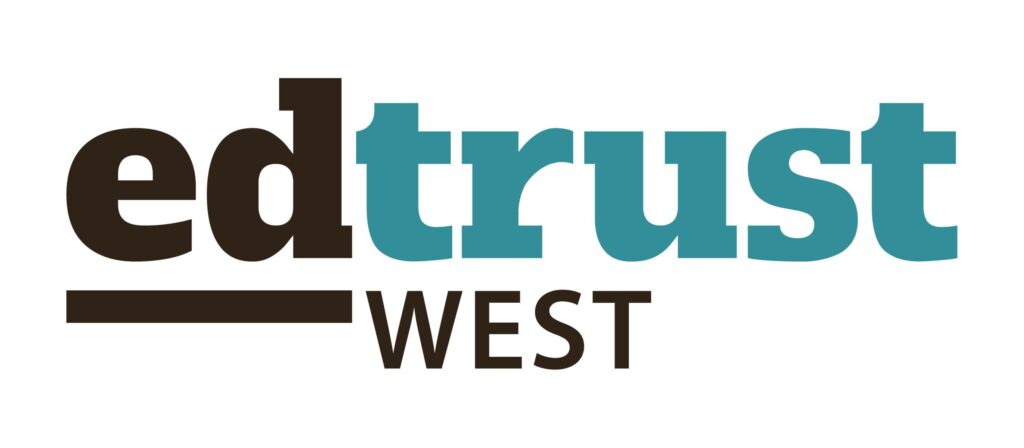This post is part of the Black Futures Month blog series brought to you by The Huffington Post and the Black Lives Matter Network. Each day in February, look for a new post exploring cultural and political issues affecting the Black community and examining the impact it will have going forward. For more Black History Month content, check out Black Voices’ ‘We, Too, Are America’ coverage.
My parents and parents’ parents instilled in me the belief that the journey to freedom begins with your mind. Yes, for 300 years, public education in the United States has also been a symbol of promise and prosperity. But the development and functioning of the U.S. education system has not been positive for everyone along the way. That’s why we need family and community more than ever right now to keep spreading the message that young Black minds matter.
This country’s deep history of ensuring Black women and men were less educated or not educated at all was apparent to me as a young man. Today, when I hear politicians and others invoke the “American Dream,” they often start with their own journey in formal education, espousing movie-like imagery about how, through hard work and persistence in the classroom, they propelled themselves to better opportunities.
In the case of Black students, however, I know that this movie is more feel-good story than it is based in real history. Despite some progress, the promise of a quality education for all Black young people remains elusive. Writ large, public schools and universities continue to perpetuate vast inequities based on race, income and zip code. Across this country, Black students, whether from upper or lower-income families, are more likely to be placed in the most segregated, underfunded schools, be taught by the lowest paid teachers and, while in school, be suspended or expelled. They are less likely to be placed in a full sequence of college-preparatory courses, less likely to have access to advanced placement classes and less likely to complete a college degree. Black girls are suspended six times more often than their White counterparts, and in preschool Black students make up nearly half of all suspensions. Historically, we’ve come full circle – propagating a system that pushes Black students out of the classroom before they even have a chance to learn to read.
If the deaths of unarmed Black women and men by law enforcement across the country tell our Black children that their lives matter less, their experiences in school across the country tell them that their minds matter less, too. Holding on the value of laboring “at the desk” and cultivating the mind has been a unique struggle for Black students who have simultaneously had to eek out that value for themselves, often without support and at times with active resistance to their success. And still, as outlined in our report Black Minds Matter, when given the right resources and opportunities, we see Black students who achieve at high levels in every area of education.
When challenged, the harbingers of the current education system have tended to point the finger back to the Black community, to strawmen issues of Black parenting or poverty to explain the status of Black youth. While poverty may play a role and should be addressed, the data largely reflect a history of institutional decisions – both sins of commission and omission – that the public school system continues to preserve. In 1852, as part of the fugitive slave law, Black children were banned from public schooling by California even though California was a free state at the time and is often lauded as a bastion of progressivism. A century later, Californians passed Proposition 209, which outlawed the consideration of race in the public sector and cut African American college students’ admissions in half at colleges like UCLA and UC Berkeley.
Nationally, the Supreme Court of the United States has determined that the consideration of race is allowable only insofar as diversity is beneficial – not as a strategy to right the wrongs of the past and the longstanding impact of slavery, Jim Crow and current inequities. As civil rights activist Julian Bond noted, “Violence is Black children going to school for twelve years and receiving six years’ worth of education.” Just as we must hold the criminal justice system accountable, we can no longer afford to give the education system the benefit of the doubt either. To support Black children, we must create a real agenda that prioritizes educational equity and justice for all Black students. That entails shifting resources through equitable funding, recruiting and retaining teachers of color and addressing our implicit biases.
Equity means education leaders committing to close opportunity and achievement gaps – and receiving the resources and support to do so. Equity means holding education systems accountable for educating Black students. We must transform both systems with the same sense of urgency.
Whether in the schoolhouse or jailhouse, we can no longer tolerate the current pace of change. We must change course. We must change minds and cultivate Black minds. We must be willing to give up what we know and move in new directions.
Click here to read the article as it appears in The Huffington Post.

